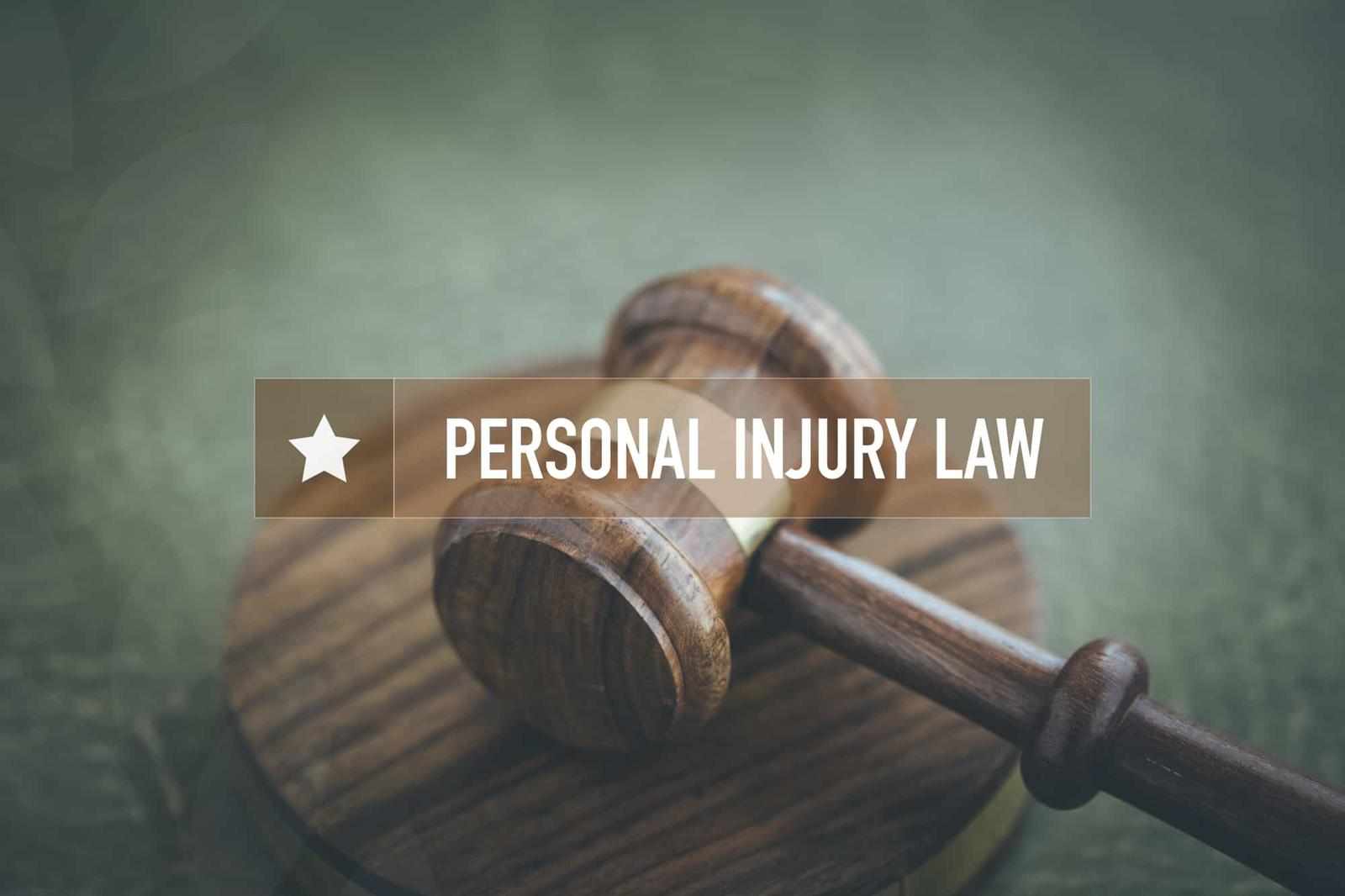Personal injury law is one of the most competitive legal fields. If your firm wants to secure steady, high-quality leads and grow year after year, relying only on referrals or traditional ads won’t cut it anymore. Effective Personal Injury Marketing combines digital visibility, strong local SEO, trust-building content, and consistent reputation management — all designed to position your firm ahead of your competitors when someone searches for help. This comprehensive guide covers the most effective Personal Injury SEO and broader SEO for Lawyers strategies to help your firm attract, engage, and convert more potential clients. 1 Know Who You’re Marketing To Behind every personal injury case is a person facing uncertainty and stress. Whether they’ve been in a car accident, suffered a workplace injury, or are dealing with a wrongful death claim, they’re likely overwhelmed and searching for answers online. Why it Matters: Understanding your audience is the foundation of successful Personal Injury Marketing. When you know what your potential clients are worried about, you can create messaging and content that addresses their pain points and builds trust. Action Tip: Create detailed client profiles — what age groups you serve, what types of injuries or cases are common, what questions they ask, and how they prefer to communicate. Use this research to shape your keywords, blog topics, and social ads. 2 Build a Website That Converts Your website isn’t just an online brochure — it’s the heart of your Personal Injury Lawyer SEO efforts and your best lead generation tool. If visitors can’t easily find information or trust you right away, they’ll hit the back button and call your competitors. Key Website Essentials: Mobile-First Design: Most clients will visit your site on a phone. Clear CTAs: Add “Get a Free Case Review” or “Call 24/7” buttons throughout. Attorney Profiles: Include professional bios, photos, and videos. People hire lawyers, not faceless firms. Reviews & Case Results: Display real testimonials and settlements or verdicts to show proof of success. Secure & Fast: Use SSL certificates and ensure your pages load quickly — Google uses page speed as a ranking factor for SEO for Lawyers. 3 Dominate Local Search with Smart Personal Injury SEO People rarely look beyond the first page of Google when they’re searching for a local attorney. That’s why your firm’s local SEO strategy is critical. Checklist for Local SEO: Claim & Optimize Google Business Profile: Add detailed service areas, photos, FAQs, and your phone number. Consistent Local Listings: Make sure your Name, Address, and Phone Number (NAP) are identical on directories like Yelp, Avvo, FindLaw, Justia, and the Better Business Bureau. Earn Local Reviews: Ask every satisfied client to leave a review. Respond to reviews — Google sees engagement as a trust signal. Location Pages: If you serve multiple cities, create separate optimized pages for each location to rank for local “near me” searches. Combining these steps with high-quality backlinks from local websites will strengthen your Personal Injury Lawyer SEO and push your firm higher in local maps and organic results. 4 Create Content That Answers Real Legal Questions Google rewards helpful, original content. The more useful information you share, the more you establish your firm as an authority — which boosts your Personal Injury SEO rankings and builds trust with people researching their options. Content That Works: Blog Posts: Write about common topics like “What to Do After a Motorcycle Accident,” “How Long Do I Have to File a Claim?” or “What to Expect in a Personal Injury Lawsuit.” FAQs: Cover quick answers to questions you hear every day. Videos: Short videos explaining the claims process or introducing your attorneys help humanize your firm. Free Guides: Offer downloadable resources like “Steps to Take After an Accident” in exchange for an email address. 5 Run Targeted PPC Campaigns While SEO is powerful for long-term growth, pay-per-click (PPC) advertising can deliver immediate leads. A well-crafted PPC campaign targets people who are actively looking for legal help right now. Where to Invest: Google Ads: Bid on keywords like “car accident lawyer near me” or “slip and fall attorney [city].” Social Media Ads: Platforms like Facebook allow precise targeting by location, age, and interests. Important: Personal injury keywords are expensive, so monitor campaigns closely. Combine PPC with remarketing ads that follow visitors who didn’t convert the first time, reminding them of your services later. 6 Build Trust with Reviews and Testimonials Online reviews can make or break a personal injury firm. More than 80% of people read reviews before deciding whom to hire — especially when it comes to legal services. How to Get More Reviews: Ask satisfied clients right after you close their case. Make it easy — provide a direct Google review link. Add positive reviews to your website and marketing materials. When responding to reviews, be professional and thank clients for their feedback. This shows potential clients that you care about service and satisfaction. 7 Stay Active on Social Media While social media isn’t always a direct lead source, it builds brand awareness and keeps your firm top-of-mind. What to Share: Educational posts about legal rights. Client success stories (with permission). Community involvement or charity events. Short videos answering common questions. LinkedIn, Facebook, and YouTube are the best channels for Personal Injury Marketing. Consistency is key — post regularly and engage with comments or questions. 8 Track Everything and Adjust You can’t improve what you don’t measure. Use tools like Google Analytics and Google Search Console to track which pages get the most traffic, where your leads come from, and what keywords are driving conversions. Key Metrics to Monitor: Website traffic by source (organic, paid, referral) Bounce rates and time on site Number of leads from forms and calls Keyword rankings for target phrases like “Personal Injury Lawyer SEO” and “SEO for Lawyers” Based on this data, double down on what’s working — and refine what isn’t. 9 Leverage Local Partnerships Word-of-mouth is still powerful. Build relationships with local doctors, chiropractors, auto body shops, and other businesses who may refer injured clients. Host free community seminars about injury claims or sponsor local charity runs. These efforts support both online and offline Personal Injury Marketing. 10 Keep Up With SEO Trends Search engine algorithms evolve constantly. What worked for SEO for Lawyers last year may not work today. Stay current on updates like Google’s core updates, local ranking factors, and the importance of helpful, user-focused content. If you don’t have time to do it yourself, hire a reputable legal SEO agency that specializes in Personal Injury SEO. The right partner can ensure your firm stays ahead of the competition. Final Thoughts Effective Personal Injury Marketing is about building trust, being visible at the right moment, and staying one step ahead of your competitors. By focusing on strong Personal Injury SEO, a conversion-friendly website, targeted ads, reviews, and valuable content, your firm can turn online visitors into paying clients — and grow sustainably for years to come.
Story
Proven Personal Injury Marketing Strategies for Law Firms




Write a comment ...